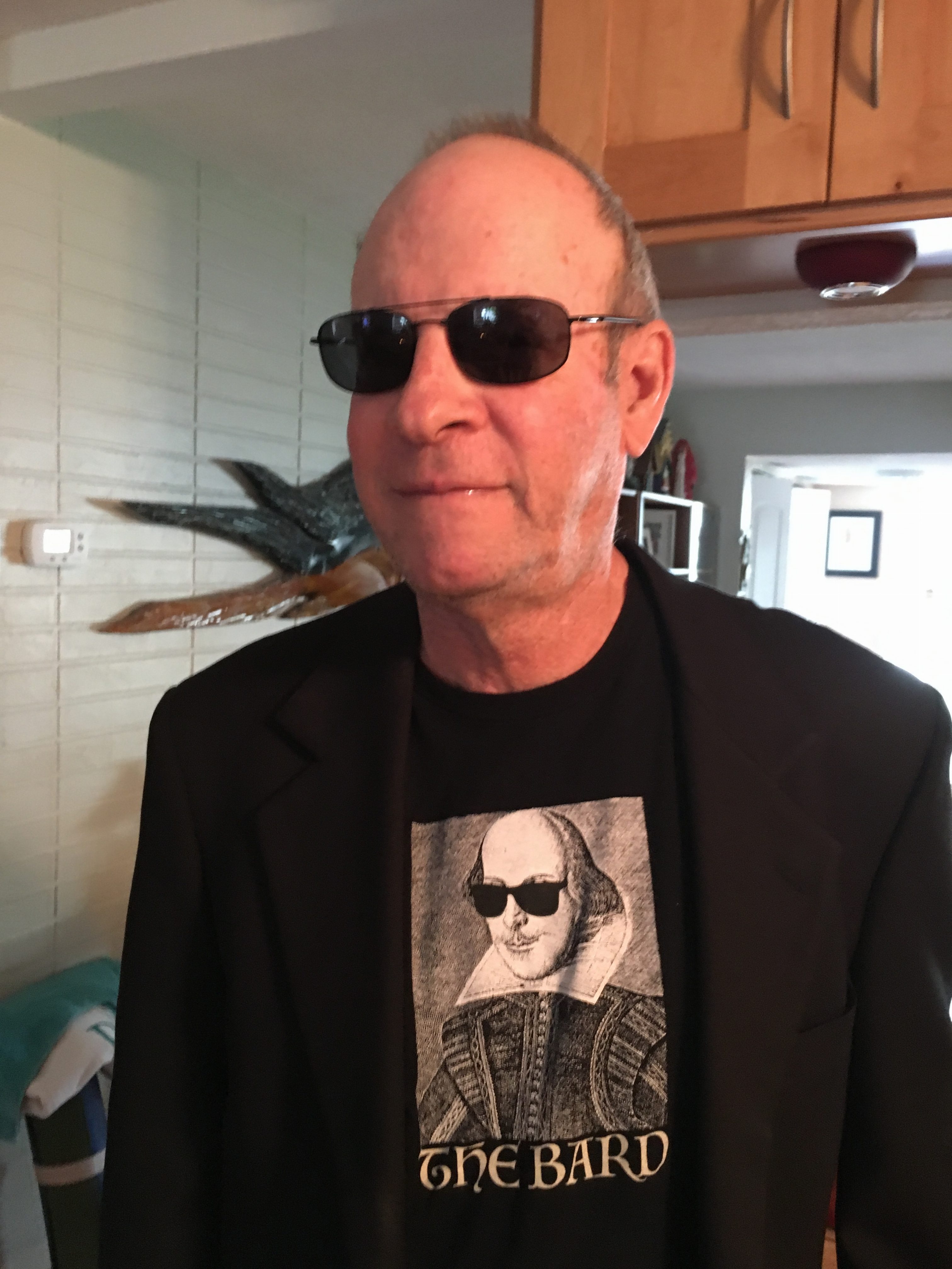
Tweetables by Roy Peter Clark:
“If I live till 90, I hope that year I’m still learning about the craft and still helping in some way.”
“We’re probably going to see new things in it because our autobiography has changed.”
“If you’re literate, you read in certain ways and you write in certain kinds of ways, but it’s the third element people fail to see: If you are a literate person, you have the capacity to talk about [it].”
“Every piece of writing needs a focus, a central idea.”
“It’s my mission to open the door for literacy and good writing wider and wider so more and more people can imagine themselves as belonging to a community of writers, a nation of writers.”
“What good is freedom of expression if we lack the means to express ourselves?”
“Too often, more research is an excuse for not writing.”
Howdy there, CNFers, hope you’re having a CNFin good week.
I snagged you a great guest this week, luck on my part and generosity on the part of Roy Peter Clark, America’s Writing Coach, scholar, and author of five books on writing in ten years: Writing Tools, The Glamour of Grammar, Help! For Writers, How to Write Short and The Art of X-Ray Reading.
I’m going to repeat that: five books in ten years. I revisit them all the time to sharpen the saw. Each time I crack open, say, Writing Tools, I become better and better.
In this episode you’ll learn a lot about how Roy came to live inside the language, and how those early experiences led him, ultimately, to the Poynter Institute where he coached and influenced a nation of writers.
Maybe the most important takeaway from this issue of #CNF is the amount of mentors and teachers Roy mentions throughout this episode and the influence they had on his development as a writer and teacher.
I debated whether to break this up into two episodes, but decided to leave it as one whole.
I do hope you’ll share this episode with others, subscribe if you haven’t already, rate it, if you haven’t already, LIKE THE FACEBOOK PAGE, subscribe to my email newsletter, etc, etc…
Thanks for listening, guys, now sit back and enjoy the one and only Roy Peter Clark.
Some of Roy’s columns from Poynter.org:
On William Zinsser, author of On Writing Well
On Jimmy Breslin #legend